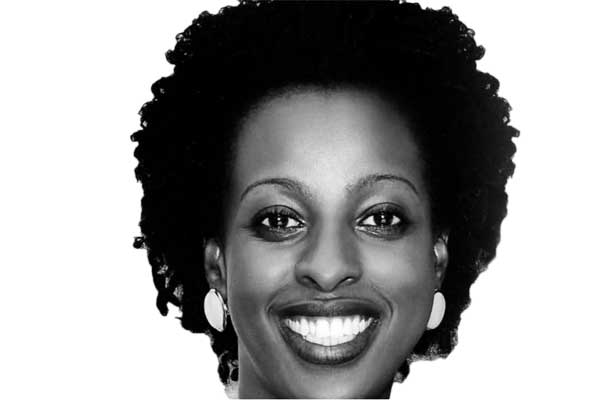Prime
Let’s be responsible with our freedom of speech

Marcella Karekye
What you need to know:
- Advocates of freedom insist that freedom of speech enshrines, more than any other freedom, the liberty of the individual. This is manifest in the constitutional protection they accord to free speech under Article 29(1a) of the Constitution.
Uganda’s Constitution has provisions that that spell out the duties and responsibilities of all citizens.
In its first pages, the Constitution says while enjoying their rights and freedoms, citizens must be patriotic and loyal to Uganda and to promote its well-being; (b) to engage in gainful work for the good of that citizen, the family, the common good and to contribute to national development, among others.
Within the Constitution, the State is assigned certain responsibilities like providing education, basic medical services, protecting vulnerable and marginalised groups, providing security, dealing with natural disasters, inter-alia.
That said, it would be immature on the part of citizens to expect that their government can do everything for them. It is the responsibility of every Ugandan to be involved in finding solutions to national difficulties. Nation-building is a never-ending process, in which everyone has the right to participate and contribute positively.
This brings us to one of the most contentious topics in contemporary societies: speech. Those who cannot use it well will be handicapped not only in communicating ideas to others, but also in defining, developing, and understanding those ideas themselves.
Advocates of freedom insist that freedom of speech enshrines, more than any other freedom, the liberty of the individual. This is manifest in the constitutional protection they accord to free speech under Article 29(1a) of the Constitution.
In the early 2000s, the Judiciary, in a rather progressive style, defended Article 29 through issuing ground-breaking judgements which have been held by legal critics as “good law”.
For instance, in 2004, the late Supreme Court judge Joseph Mulenga in the Charles Onyango-Obbo petition wrote a lead judgment that quashed criminalisation of publishing false news, contending that a criminal law on publishing false news criminalises conduct that is otherwise legitimate exercise of the constitutionally protected right to freedom of expression.
In the 2010 Andrew Mwenda case, the Constitutional Court reinforced the appropriateness of Article 29 by scrapping sedition off Uganda’s legal books. Despite all of that, our Constitution, which is the supreme law of the land, is still clear: freedom of speech and expression isn’t out-and-out or absolute.
Article 43(1) says, “In the enjoyment of the rights and freedoms prescribed in this chapter, no person shall prejudice the fundamental and other human rights and freedoms of others or the public interest.” It’s also important to note that freedom of expression is not a non-derogable right under Article 44 of the Constitution, unlike freedom from torture, slavery, right to a fair hearing and right to an order of habeas corpus.
With the emergence of the new media such as websites, blogs, email, social media networks, music and television streaming services and virtual and augmented reality – which in most cases have no gatekeepers – responsible speech has become more crucial.
Currently, all countries including the liberal Western countries are battling with what “free speech” entails. Free speech should not incite animosity, violate the principles of human rights or dishonestly hurt someone’s character. And each government around the globe sets what it considers judicious limitations on the concept of freedom in speech. Nevertheless, conflicting with what many embrace, freedom of speech has limits.
We need to think carefully about the impact our words may have on others. While we are using social media these are some of the questions to ponder: Does freedom of expression mean that a person has the right to shout obscenities? Does it mean that you have a right to fire out sectarian slurs? Does it mean that you have a right to knowingly spread fake news?
Do digital companies have a duty to curate content that some find alarming? How are tech companies dealing with issues concerning data privacy? How are they dealing with revenge porn? How are they combating blatant disinformation?
The writer is a director at the Government Citizen Interaction Centre (GCIC).




